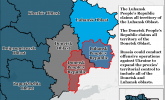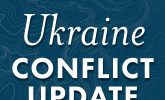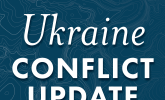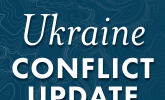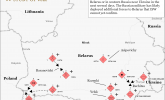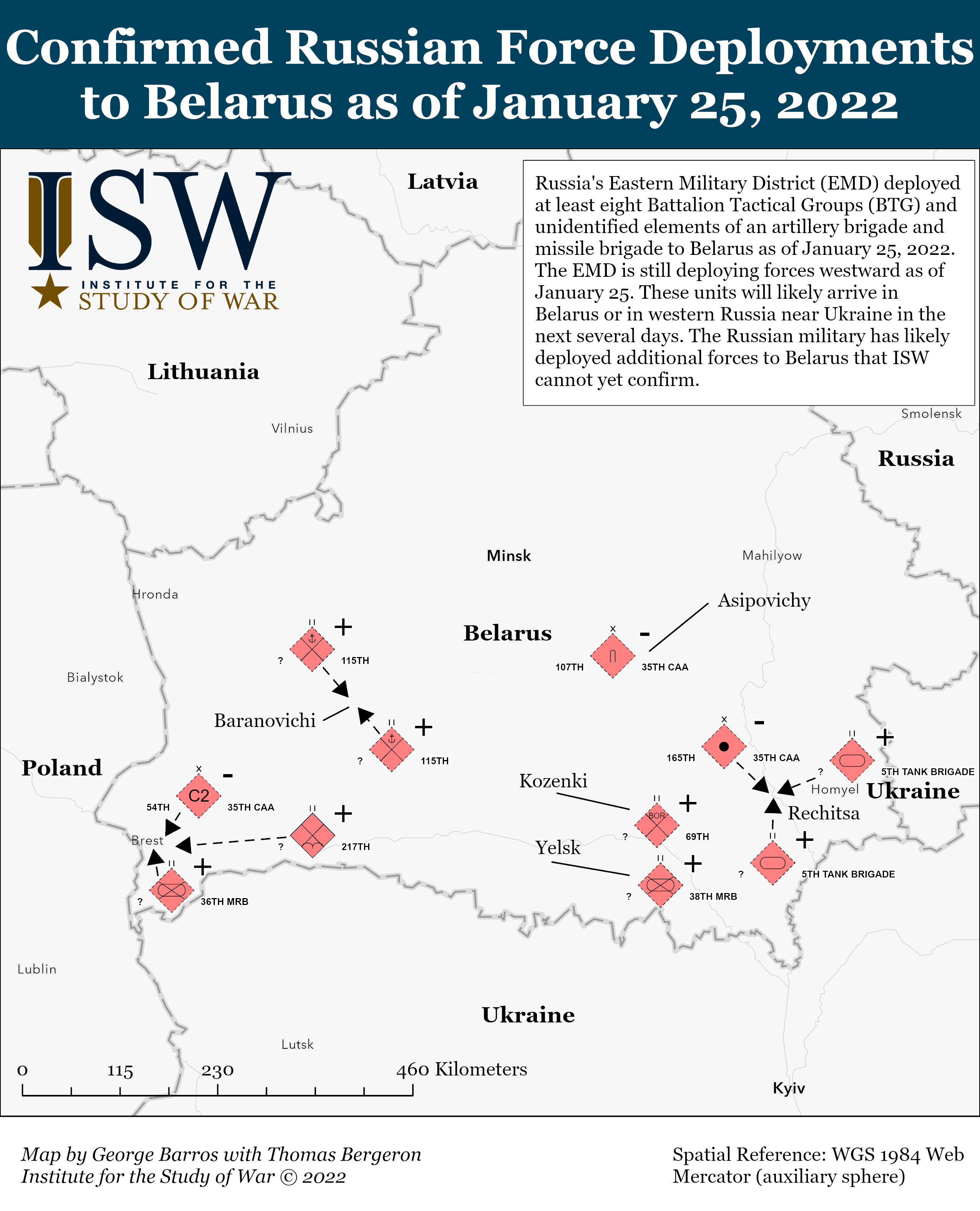Ukraine Conflict Update 4
February 21, 2022 - ISW Press
Russia recognized the Donetsk and Luhansk People’s Republics (DNR and LNR) and is deploying troops to Donetsk and Luhansk the night of February 21, 2022. Russian armed forces will likely attack Ukrainian forces at the line of contact to secure the portions of Donetsk and Luhansk oblasts not currently under DNR/LNR control, likely accompanied by an air/missile campaign against unoccupied Ukraine in the coming days. We assess that Russia will likely take a phased approach rather than immediately beginning with the full-scale invasion.


